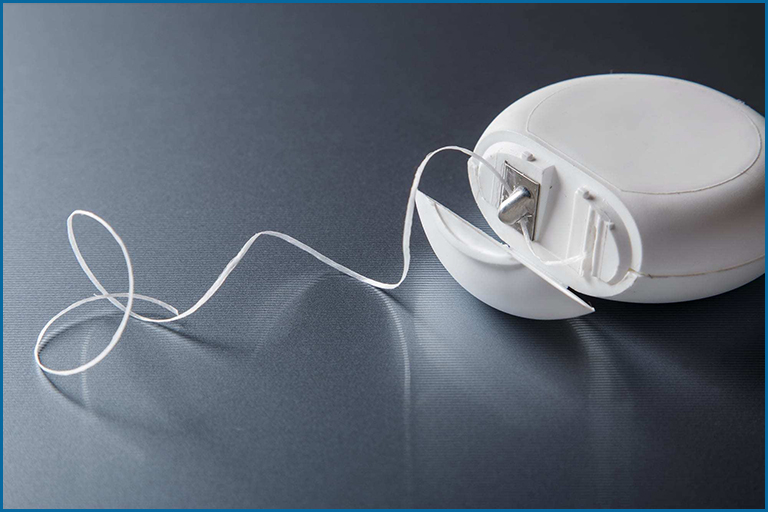
- Home
- About
- Our Team
- Services
- Postoperative Care
- Smile Gallery
- Medical Tourism
- Blog
- Offers
- Contact Us
- Home
- About
- Our Team
- Services
- Postoperative Care
- Smile Gallery
- Medical Tourism
- Blog
- Offers
- Contact Us

People need to understand the importance of dental hygiene and the best practices for maintaining a healthy smile. One of the most common questions asked by those looking to improve their oral health is: should you use dental floss before or after brushing?
Brushing and flossing are two significant habits which has to be inculcated in every individual right from being a child to an older adult. These two simple techniques are the best preventive methods to maintain pink of oral health and hygiene in day to day life.
Food, saliva and bacteria work together to make a slimy layer on our teeth called as plaque. These plaque when left unremoved on tooth surface, tends to harden to a yellow deposit called tartar, under the crevices of the gum line. This further leads to weakening of the gums causing disease, inflammation, bad smell, shaky tooth, and ultimately loss of tooth.
Brushing and flossing of teeth regularly, helps to reduce the accumulation of plaque on the teeth surfaces. It helps to strengthen the enamel, which resists the acid attacks caused by the food substances.
So when to floss? Is it before or after brushing of teeth?
Research says that flossing before brushing helps better. Flossing the teeth first removes the food, saliva and debris in between the surfaces of the teeth and in the gum lines. Brushing after this, removes the particles easily away from the mouth. Rinsing with water or a fluoridated mouthwash following this, hardens the enamel better making it strong and impermeable. It also enables the tooth paste to reach the un-accessible areaswhich were earlier occupied by the food debris, more effectively.

Articles also sight that using a fluoridated toothpaste following flossing and brushing, allows the fluoride to be absorbed much better by the enamel. Leaving the enamel undisturbed for about thirty minutes following brushing, is said to enhance the fluoride absorption favouring the enamel hardness.
Benefits of flossing
1) Helps remove food particles and Plaque
2) Remove bad breath-causing bacteria
3) Reduce the risk of cavities
4) Reduces soreness and puffiness in the gum
5) It May help your heart health
Types of dental floss
 According to the report, only 41% of respondents say they floss at least once a day and 24% of the people floss a few times a week. Although one study found that women are 11 percent more likely than men to floss every day among adults over 30, it appears that men have greater trouble with this than women do.
According to the report, only 41% of respondents say they floss at least once a day and 24% of the people floss a few times a week. Although one study found that women are 11 percent more likely than men to floss every day among adults over 30, it appears that men have greater trouble with this than women do.Brushing and Flossing Technique

It’s often recommended by our dentists to use a soft bristle tooth brush, to brush in circular motions covering all surfaces of the teeth. It’s best not to overdo brushing beyond 2-3 minutes a day.
Flossing can be done using a fork floss or thread floss or interdental cleaners as recommended by our team of dentists at Oris. It’s best to get educated by our team to use a floss effectively before working on it.
So what are you waiting for? Do consult our dentist in Dubai at Oris to know the right flossing and brushing techniques. A regular visit to Oris helps to keep your teeth and gums sparkling clean and healthy.
Other dental hygiene tips